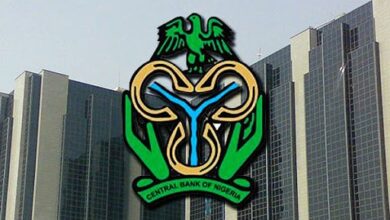EFCC re-arraigns Ahmed Shaw for $90,000 money laundering case

Lagos, Nigeria – May 4, 2025 – The Economic and Financial Crimes Commission (EFCC) has re-arraigned Alhaji Ahmed Shaw for allegedly laundering $90,000.
Specifically, the court charged him with failing to declare the amount during international travel.
Justice D.I. Dipeolu presided over the case at the Federal High Court in Ikoyi, Lagos, on May 2, 2025.

Initially, the National Drug Law Enforcement Agency (NDLEA) arrested Shaw on March 3, 2025, at Murtala Muhammed International Airport.
Notably, he attempted to leave Nigeria without declaring the cash. Subsequently, the NDLEA transferred the case to the EFCC for further investigation.
During his first arraignment on April 3, 2025, Shaw pleaded “not guilty” to violating Section 3(5) of the Money Laundering Act.
The charge stated that he deliberately avoided declaring $90,000 to customs officials.
However, during the May 2 proceedings, his lawyer, E.I. Ogundeji, announced Shaw’s decision to change his plea.
Following this, the court re-arraigned Shaw, who then pleaded “guilty.”
Immediately after, prosecution counsel Z.B. Atiku presented EFCC operative Aminu Lawal as a witness.
Lawal confirmed that Shaw possessed the undeclared funds and admitted to the offense in a recorded statement.
Furthermore, the court examined key evidence, including Shaw’s confession, NDLEA’s handover note, and the arresting officer’s report.
Additionally, the $90,000 was submitted as an exhibit. Justice Dipeolu adjourned the case until May 6, 2025, for judgment.
In a public statement on May 4, the EFCC reaffirmed its dedication to prosecuting financial crimes.
The agency stressed that compliance with anti-money laundering laws is crucial for Nigeria’s economic stability.
This case underscores the government’s resolve to enforce transparency in financial transactions.
Ultimately, Shaw’s prosecution demonstrates Nigeria’s intensified crackdown on illicit financial activities.
Authorities continue to warn against non-compliance with currency declaration laws.
As the case concludes, it serves as a reminder of the legal consequences of money laundering.
Post Views: 60





